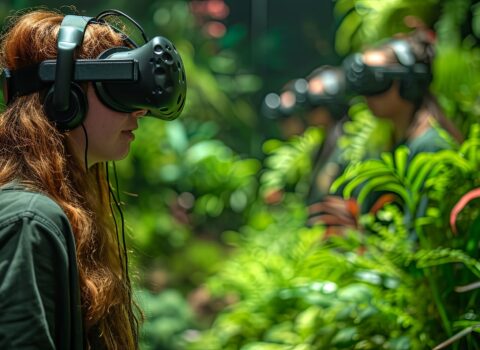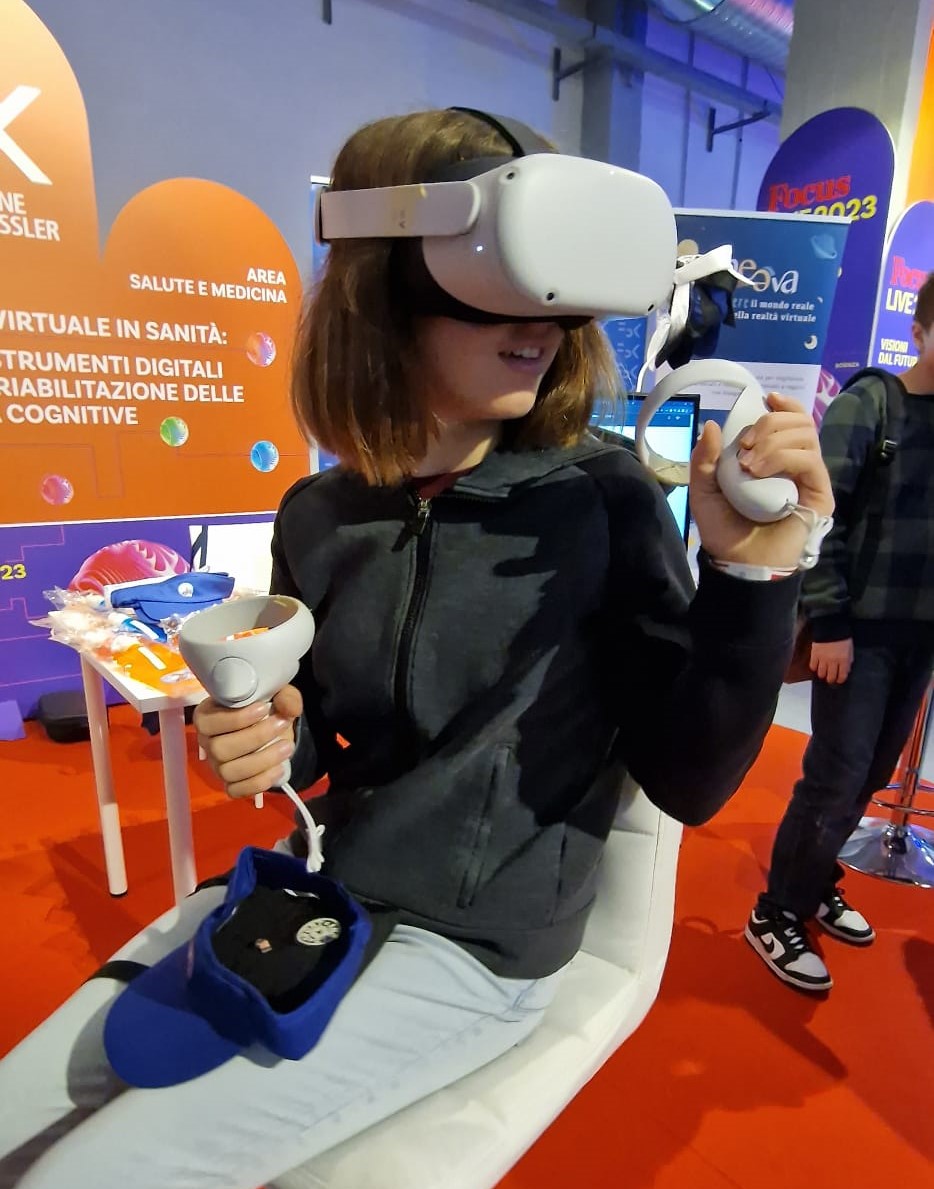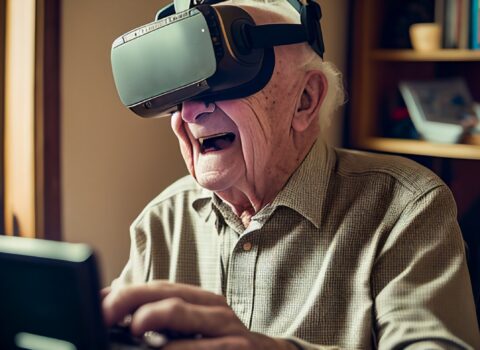
April 2 – World Autism Awareness Day
Ongoing research projects at Fondazione Bruno Kessler
Since the United Nations General Assembly designated April 2 as World Autism Awareness Day in 2007, events and initiatives have been organized around the world to raise awareness of the issue and promote the full realization of all human rights and fundamental freedoms of people with autism.Today, 17 years later, the goal is to go beyond raising awareness to also support the appreciation of people with autism spectrum disorder and their contribution to society.
World Day also wants to be a concrete occasion to promote research in this area, so we take this opportunity to talk about some of the projects underway at Fondazione Bruno Kessler.
Thanks to virtual reality and the use of new digital tools, Fondazione Bruno Kessler, in collaboration with TrentinoSalute4.0, has created application scenarios developed for young people diagnosed with neurodevelopmental disorders (autism, ADHD). As part of the XR4A (Extended Reality 4 Autism) project, a multiplayer serious game was developed that involves neurodivergent kids in an adventure aimed at enhancing social and functional skills. The prototype, co-designed with domain experts and with input from the kids themselves, has been tested with encouraging results. Through the use of techniques and data analysis, and with the support of Artificial Intelligence, an innovative interaction with the kids was managed.
The project ended with the creation of MEEVA Srl Società Benefit, a spin-off that is currently working on the evolution of the solution for the purpose of its commercial launch with a view to digital therapy. Activities are also ongoing with ANFASS, and simulations of possible real-world scenarios, such as waiting for one’s turn or buying a train ticket, will be tested in the future to help users explore, understand, and react physically and psychologically in concrete situations.
The results of the project were also shown during a visit to Fondazione Bruno Kessler by the Undersecretary of State for the President of the Council of Ministers, Alessio Butti. On the eve of the G7 on Artificial Intelligence in Trento, along with other examples on the development and applications of integrated artificial intelligence.
“In particular,” Marco Dianti, FBK researcher and XR4A project manager, explained “we showed Undersecretary Butti the product of projects undertaken in the last year, with focus on virtual reality and artificial intelligence. A playful digital therapy for children and young people with autism and other neurodivergences, and a customizable virtual environment equipped with companion apps for smartphones that health professionals can use with patients who need to lower anxiety levels (ranging from autism and other impairments to dementia and ‘Alzheimer’s). We shared about the experiments done and those in progress, particularly with the Margherita Grazioli Nursing Home in Povo, ANFFAS, the Albero Blu cooperative and ODFLab in Rovereto. The next steps will be to make virtual reality even more customizable through AI and to bring it to other areas such as palliative care, pain therapy, oncology and pregnancy.”

As part of the laboratory shared with the Department of Psychology and Cognitive Science at the University of Trento, research is also being conducted in collaboration with the Laboratory for Observation Diagnosis and Training (ODFLab) on the experience of using virtual reality tools by adults with autism spectrum disorder. The objective is to study whether and within what limits virtual reality can represent a less invasive yet suitable social space to support some elements of sociality that can improve the experience and quality of life in this segment of the population. The tools used are those of participatory design and therefore psychologist therapists, experts in the field and, of course, people with autism spectrum disorder are involved in focus groups and experimental studies with technology prototypes related to virtual spaces for meeting and collaboration.

